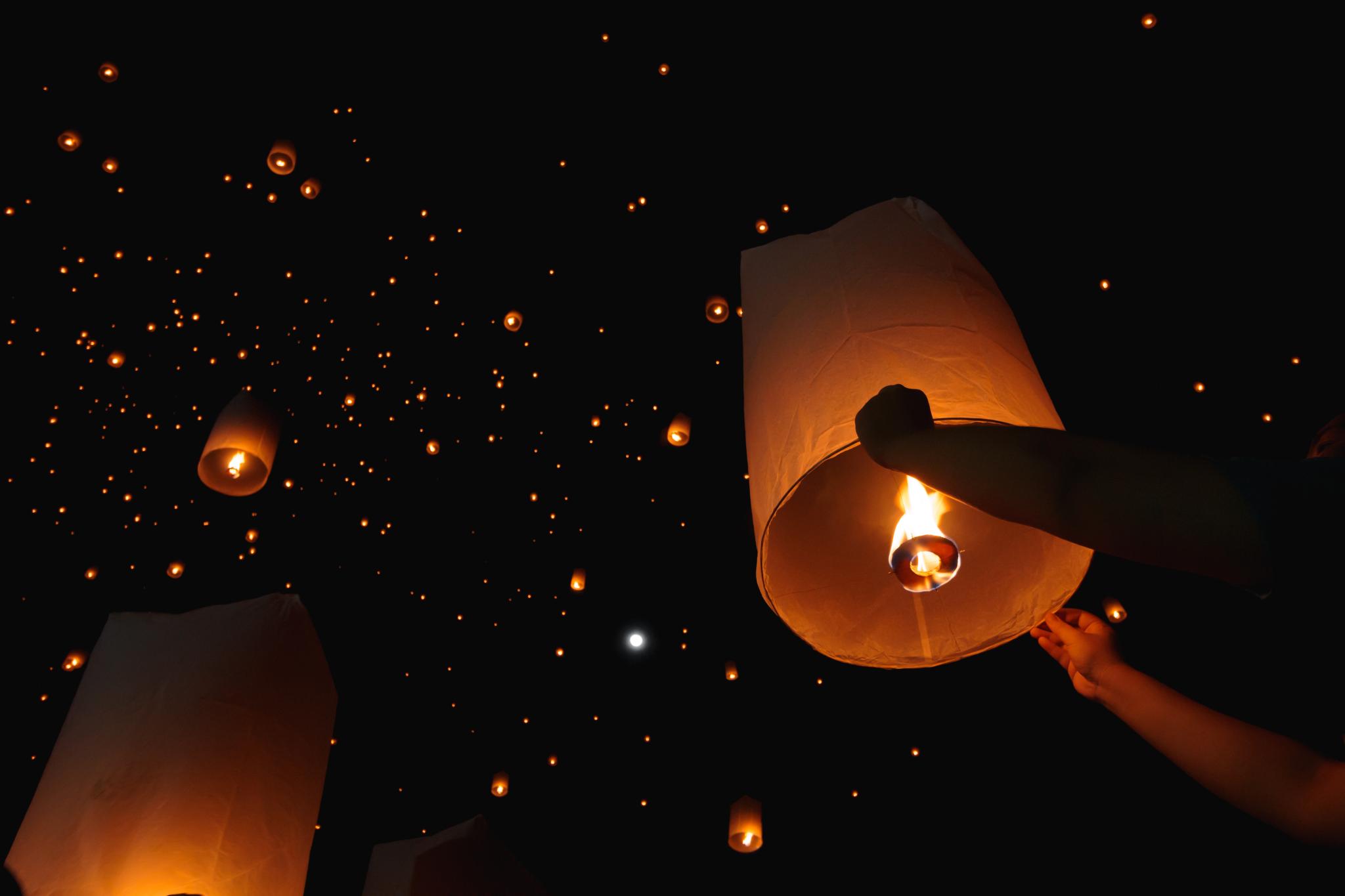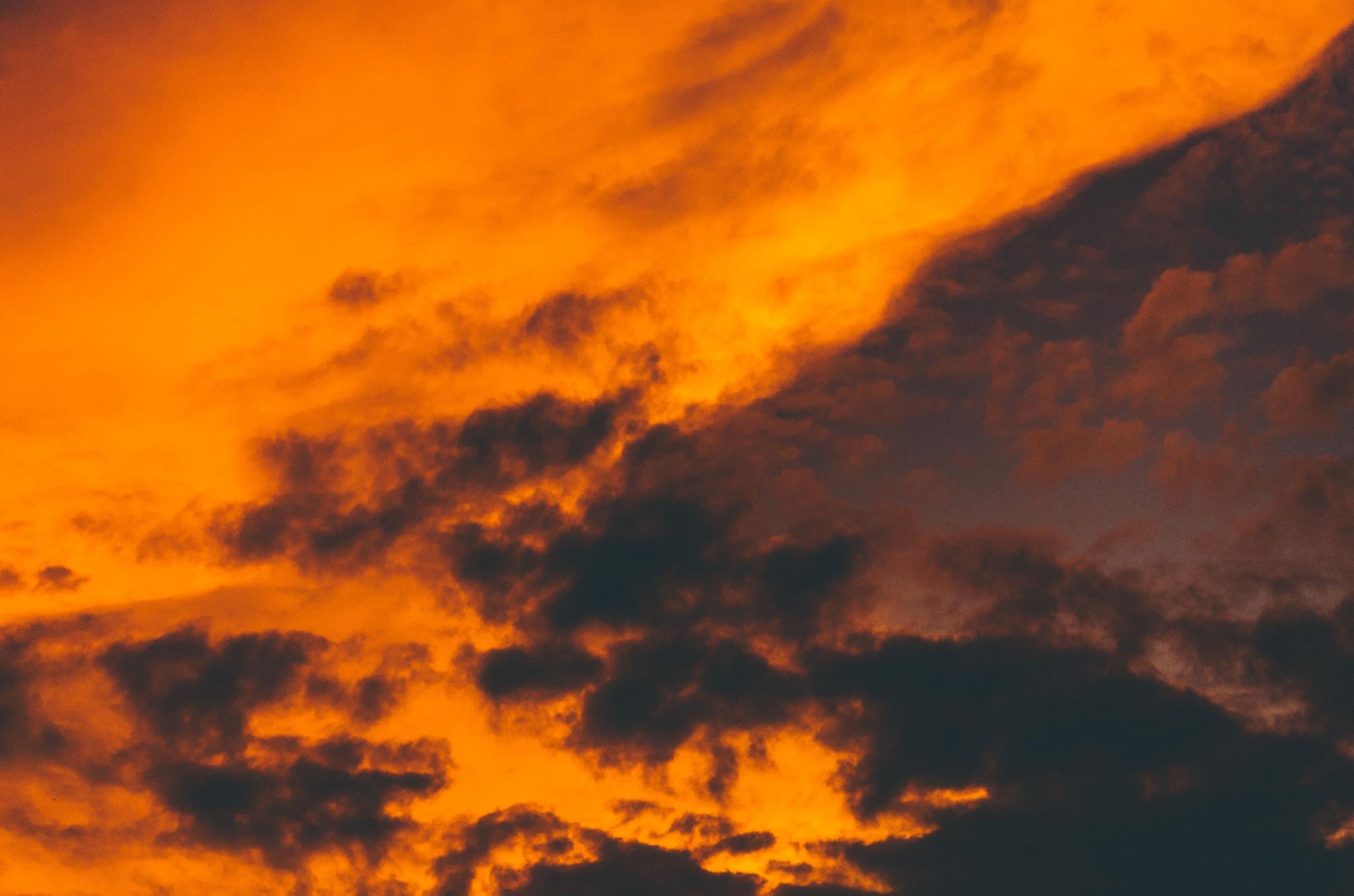Now in its thirteenth year, the Australian National University’s Asia Pacific Week is an interdisciplinary conference, which brings together high-calibre students and young professionals from around the world. Through a week of thought-provoking panels, debates, and workshops, as well as a vibrant social schedule, we aim to bring together young individuals from all across the world and equip them with the knowledge, skills and empathy to become compassionate leaders of change in dynamic Asia and Pacific regions.
Asia Pacific Week has concluded for 2023. Students with an interest in Asia and the Pacific are encouraged to apply for either a Committee or Delegate position in 2024. Please follow our social media for more information.
Watch last year’s opening ceremony here:
About
As a delegate, you will have the opportunity to not only hear from acclaimed experts but to engage in thought-provoking panels, debates, simulations, and workshops. Every year, the next generation of Asia Pacific Week delegates will leave with more than just new ideas and insights. They will leave with a network of friends and contacts from around the world. Asia Pacific Week is an opportunity that strives to empower delegates in their personal, academic and career journeys, and equip them with the knowledge, skills, and empathy to be young leaders.
Our History
A long-established tradition at The Australian National University, Asia Pacific Week was revitalised in 2011 when it transitioned into a student-run event. Known for its innovative and interdisciplinary program, the conference has grown tremendously since its inception. It is a highly anticipated event not only in the university’s calendar but also within the Asian and Pacific academic communities. As countries pivot their focus to Asia and the Pacific regions, Asia Pacific Week has received increased attention from academic and political circles. The many speakers who have contributed to Asia Pacific week in the past include former Australian Prime Ministers Malcolm Fraser and Bob Hawke, Australian foreign ministers, ANU Chancellor Gareth Evans, renowned ANU academics, and diplomats from around the world.
Highlights of the 2022 APW Conference
Pacific Dance Workshop: Hosted by Maryjane McKibbin Schwenke and J’son Paulo, the Pacific Dance workshop showcased traditional dance styles from Samoa and Hawai’i, teaching the delegates how to cultivate an appreciation for the art form and develop their practical dance skills wearing traditional lava lavas.
Language Taster Session: This year, we were able to offer Hindi, Burmese and Indonesian which were taught by our talented linguist academics from the ANU College of Asia Pacific. Dr Subhan Zein, Dr Yuri Takahashi and Dr Christopher Diamond guided separate classes to learn the basics of these diverse languages.
Studio Ghibli, Disney and Beyond – Cultural Globalisation Panel: This panel was highly popular with last year’s delegates! Featuring contributions from Katerina Teaiwa, Dr Shameem Black, Professor Carol Hayes and moderated by Dr Ross Tapsell, this panel discussed the nature of globalisation within the context of cultural media manifestations that we all know and love.
Rebuilding a Region – Economic Recovery During Covid Panel: Moderated by Emeritus Professor Peter Drysdale and discussed by Dr Henry Ivarture, Dr Adam Triggs and Dr Yixiao Zhou we connected with the diverse and complex issues arising from the Covid-19 crisis from a variety of perspectives.
What is the theme of APW 2023?
The 2023 theme is “First Light: Emerging Opportunities and New Beginnings”. Through this theme, we seek to explore the rise of Asia and the Pacific Regions in this dynamic and ever-changing time. Through a diverse range of panels and cultural events, Asia Pacific Week will provide a unique and engaging experience for all delegates.
When is the conference and how can I access it?
This year's conference will run from the 19th - 22nd of June, hosted in person at the Australian National University in Canberra.
What should I expect?
Engaging panels, practical classes in arts and cultural forms, Q&A sessions with academic professionals and chances to meet other delegates over snacks and coffee. Accommodation from June 18-23, all meals and relevant travel during the conference is provided by APW for all interstate and international delegates.
Who can apply to be a delegate?
We accept applications from anyone who is currently a university student or young professional and has an interest in the Asia and/or Pacific regions. Young professionals must be within two years of graduating.
Delegate applications for Asia Pacific Week 2023 have now closed.
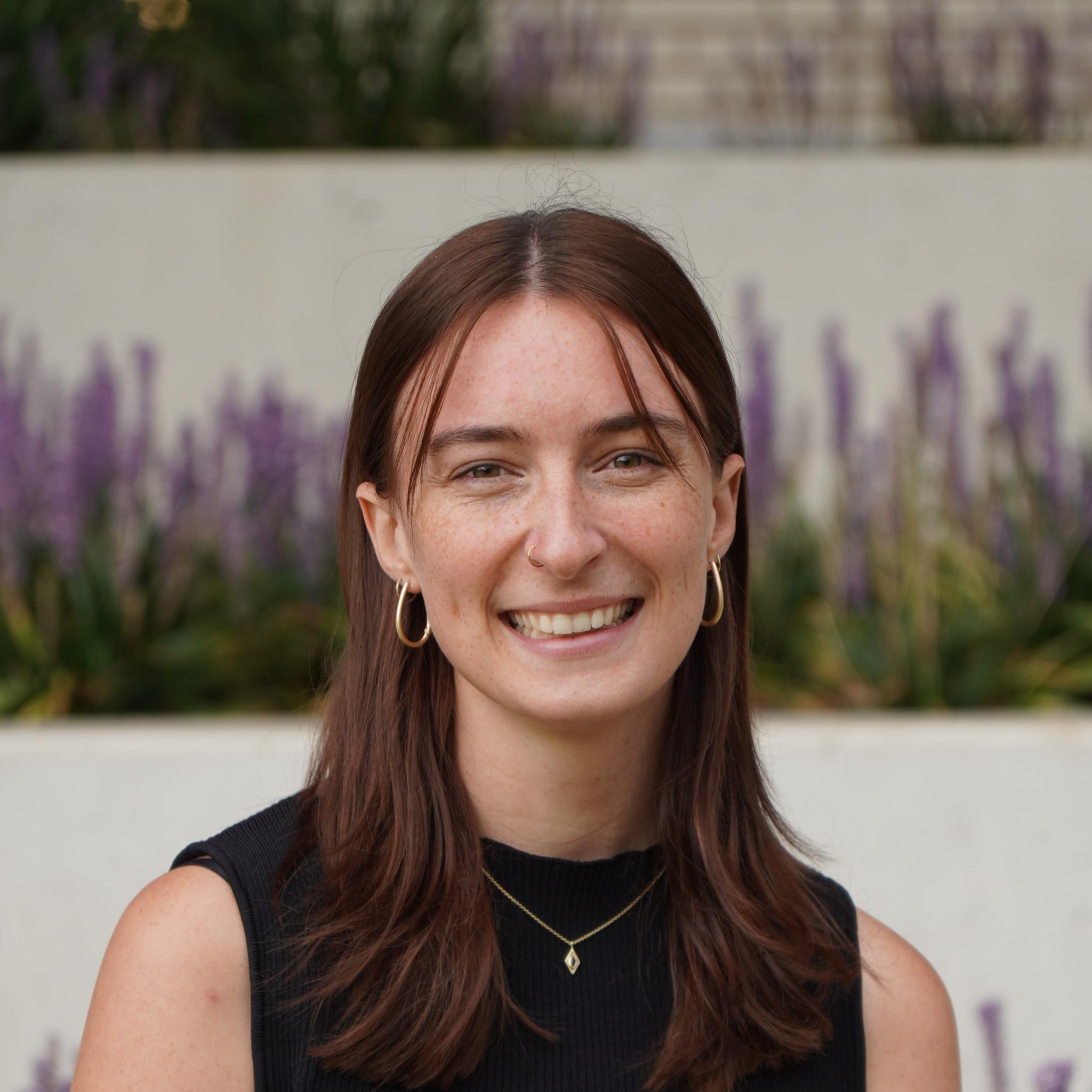
Read more
What are you studying and what year are you in?
Bachelor of Arts/Bachelor of Commerce (4th year).
What is your favourite food dish/cuisine from Asia or the Pacific region and why?
Thai red curry. I'm obsessed with the balance of flavours in South East Asian cuisine. I love to pack my meals with lots of veggies and I think a spicy, coconut-y curry is the best way to do it!
What language/s can you speak? Or what language/s would you love to learn?
My mother tongue is English and I have been learning Japanese for 10 years. I'm in a constant battle with kanji so I'm definitely not as proficient as I'd like to be.
Where do you want to travel to in Asia and the Pacific regions?
I've never had the opportunity to explore South East Asia and I would love to go on a solo trip to Vietnam, Thailand, Cambodia, Laos and beyond.
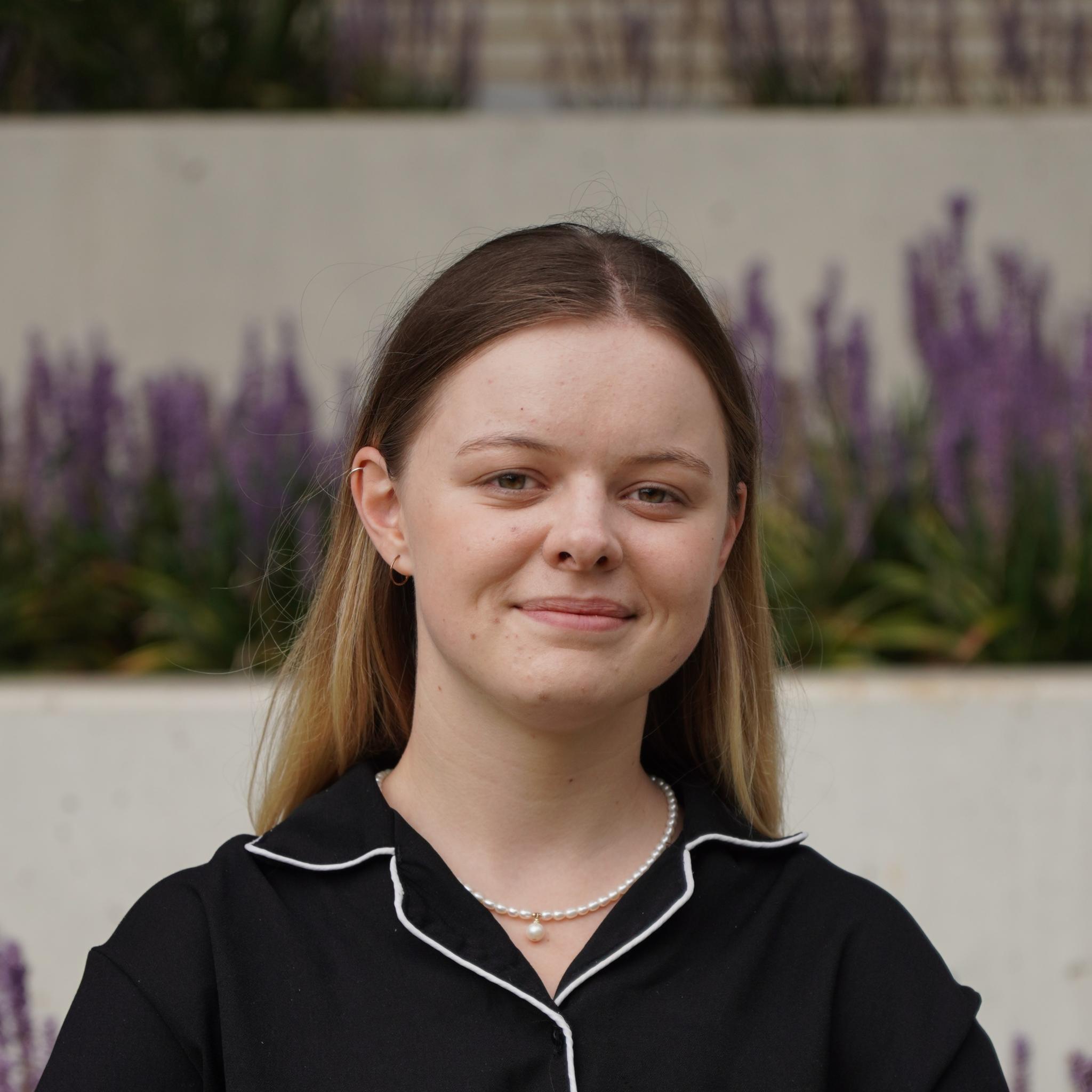
Read more
What are you studying and what year are you in?
Bachelor of Languages/Bachelor of Arts (4th year).
What is your favourite food dish/cuisine from Asia or the Pacific region and why?
红烧肉 Braised pork with a reddish sauce. One of my best friends from high school is Shanghainese and her Dad makes it for me whenever I visit.
What language/s can you speak? Or what language/s would you love to learn?
English and I am currently studying Korean and Mandarin. I really want to eventually learn Japanese and Thai though.
Where do you want to travel to in Asia and the Pacific regions?
I want to go to Hong Kong when I have the chance. I really want to go to one of the Hong Kong style cafes because the food looks really good.
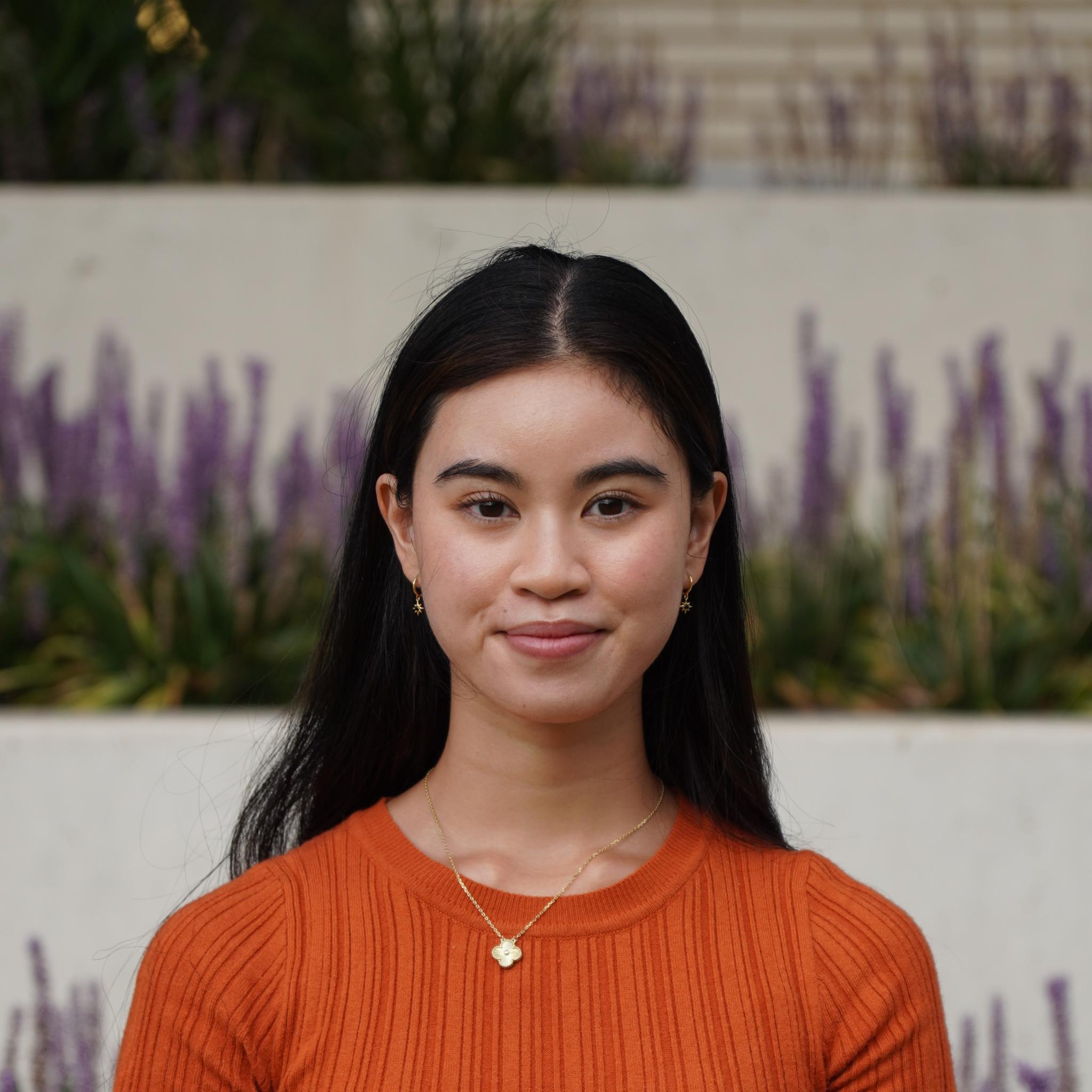
Read more
What are you studying and what year are you in?
Bachelor of PPE/Bachelor of Commerce majoring in Finance (5th year).
What is your favourite food dish/cuisine from Asia or the Pacific region and why?
Bo Kho - a Vietnamese beef stew. My mum makes this on cold, rainy days. It's so flavourful and comforting at the same time. Otherwise, I am a HUGE sushi and sashimi fan.
What language/s can you speak? Or what language/s would you love to learn?
I speak Vietnamese at home and English from day to day. I would love to be more proficient in Vietnamese so that I can work in Vietnam one day.
Where do you want to travel to in Asia and the Pacific regions?
I would love to go to Thailand and Japan!
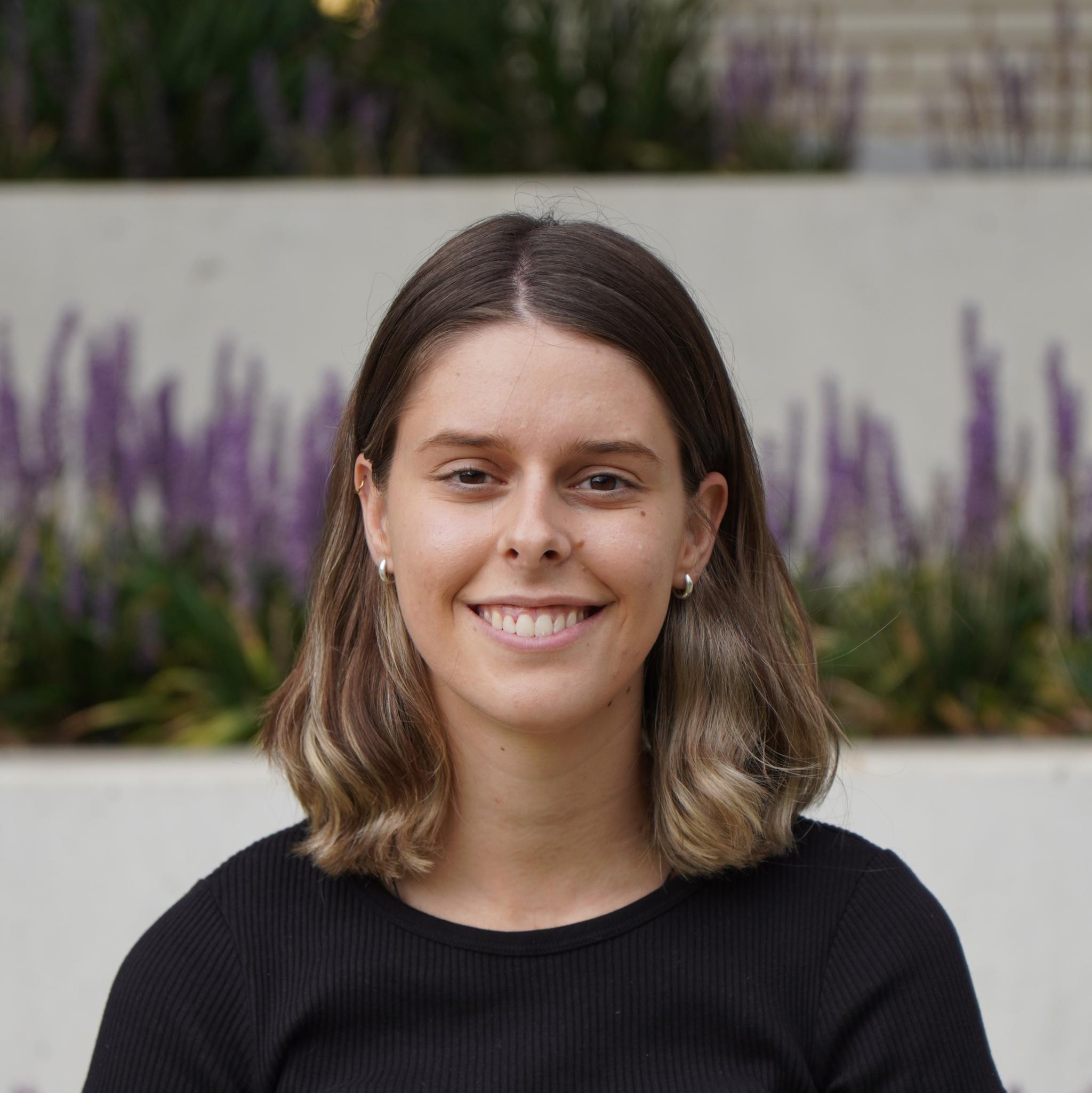
Read more
What are you studying and what year are you in?
Bachelor of International Relations/Bachelor of International Security Studies (3rd year).
What is your favourite food dish/cuisine from Asia or the Pacific region and why?
Definitely anything Vietnamese, or xiaolongbao from Shanghai.
What language/s can you speak? Or what language/s would you love to learn?
I can speak English and a bit of Chinese, but I'd love to learn some Pacific languages!
Where do you want to travel to in Asia and the Pacific regions?
I'd love to go to Fiji, it looks so incredible.
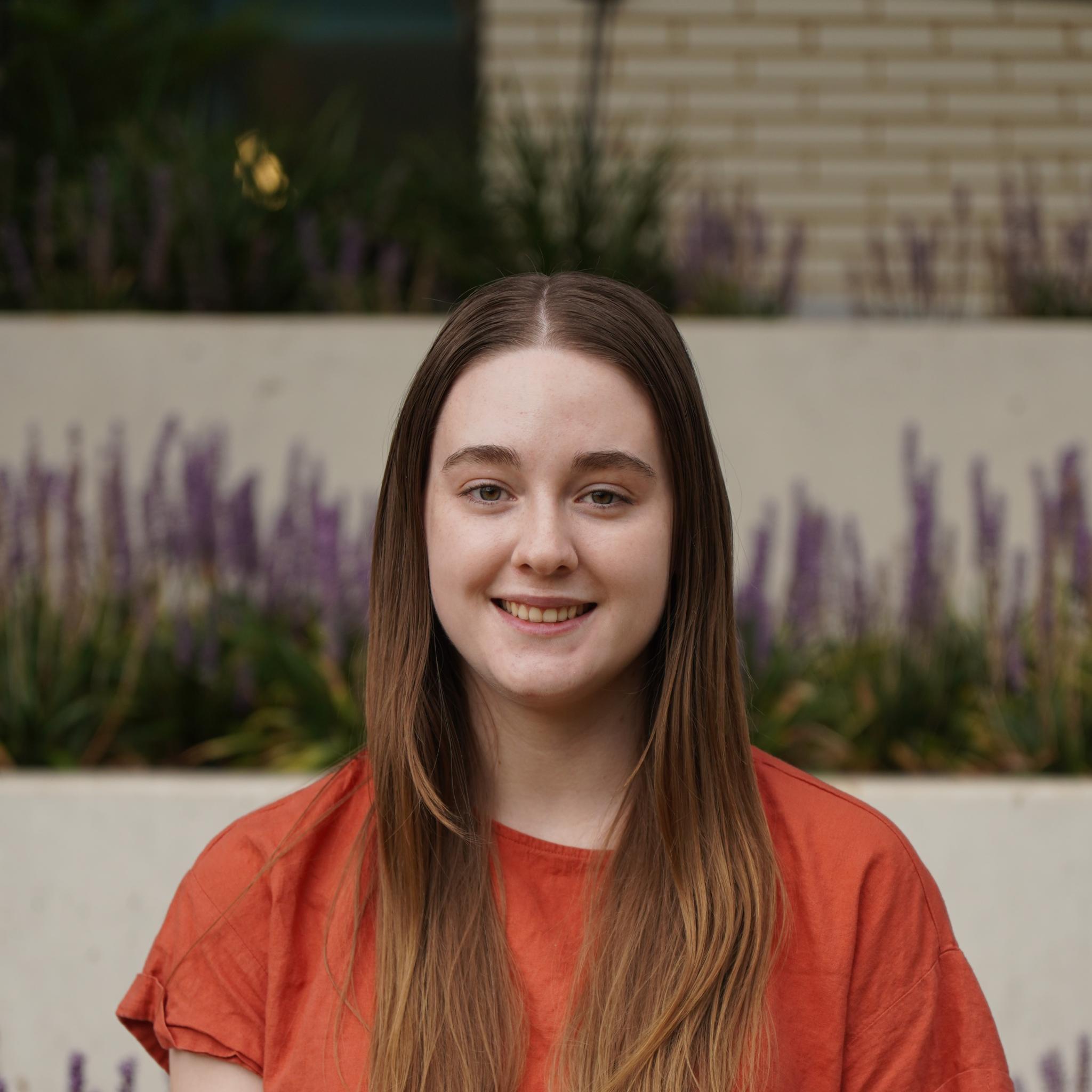
Read more
What are you studying and what year are you in?
Bachelor of Asian Studies (4th year).
What is your favourite food dish/cuisine from Asia or the Pacific region and why?
Definitely Okonomiyaki from Kyoto.
What language/s can you speak? Or what language/s would you love to learn?
I can speak English and Japanese and am learning Tok Pisin. I'd love to learn Korean and Burmese
Where do you want to travel to in Asia and the Pacific regions?
I'd love to go to Vietnam!
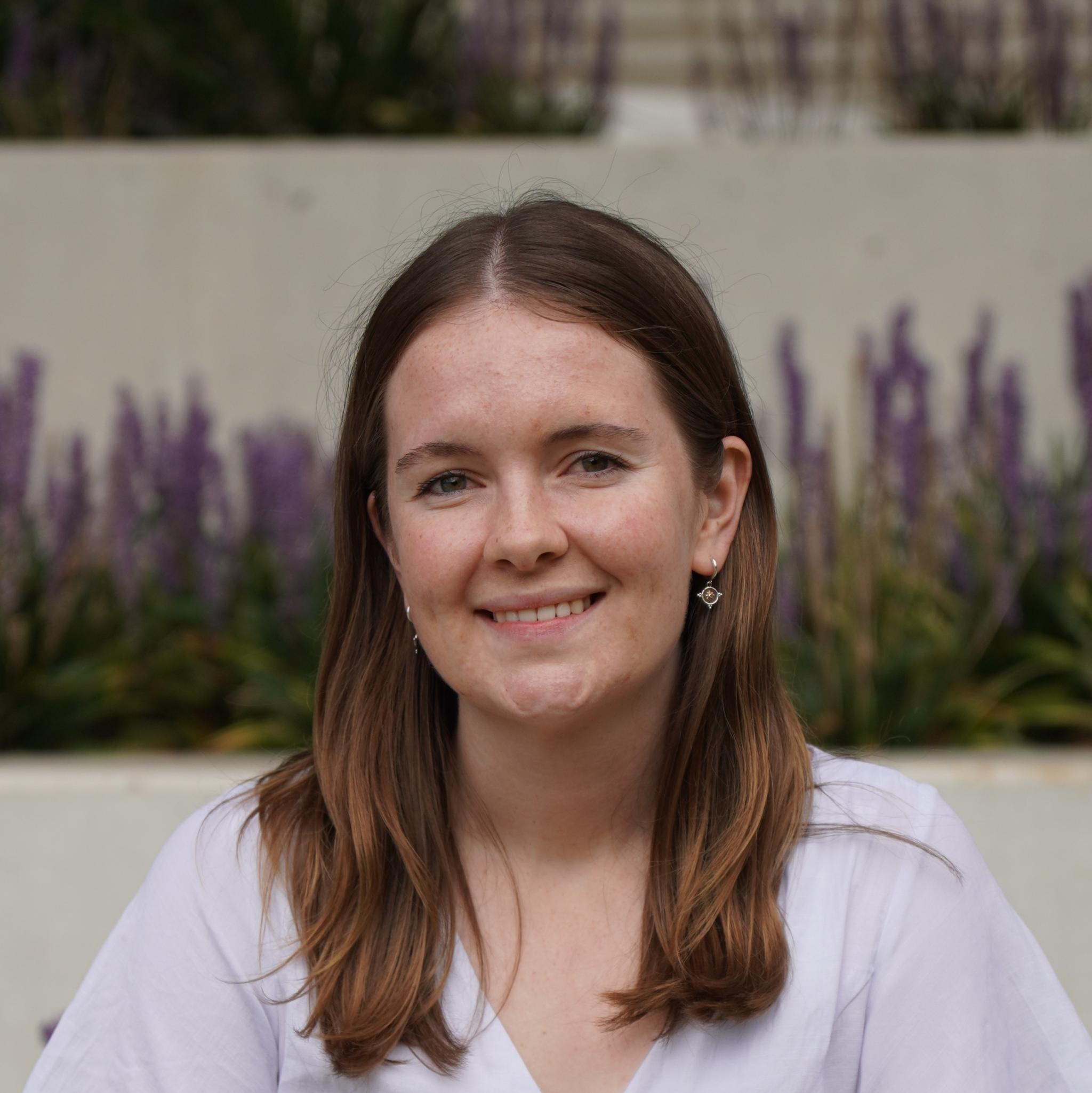
Read more
What are you studying and what year are you in?
Bachelor of International Relations (3rd year).
What is your favourite food dish/cuisine from Asia or the Pacific region and why?
Oyakodon (親子丼)! A Japanese dish that means parent and child (chicken and egg) on rice! I think the name is funny and it is delicious!
What language/s can you speak? Or what language/s would you love to learn?
I can speak Japanese, but I'd love to learn Indonesian!
Where do you want to travel to in Asia and the Pacific regions?
I want to travel to Papua New Guinea!
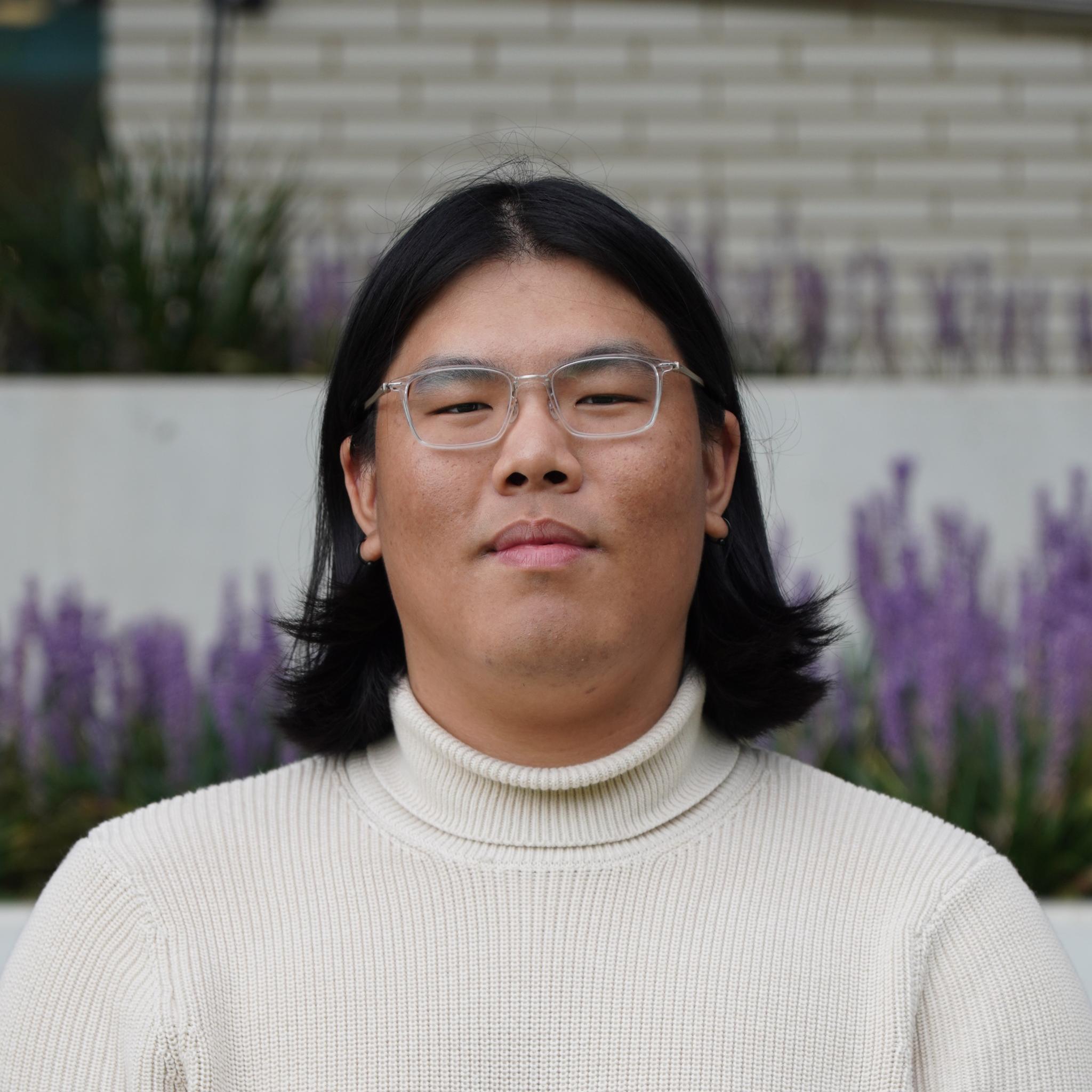
Read more
What are you studying and what year are you in?
Bachelor of Philosophy (Honours) - Humanities and Social Sciences (2nd year).
What is your favourite food dish/cuisine from Asia or the Pacific region and why?
Singaporean laksa! it is my childhood dish and I reckon I had so much of it that it's flowing through my veins.
What language/s can you speak? Or what language/s would you love to learn?
English, Mandarin, Korean, and Hokkien! I'm currently learning more Korean and really want to learn Japanese!
An interesting fact about Asia or the Pacific regions that you would like to share.
Singaporeans are the fastest walkers in the world! also on the topic of Singapore, there is an MRT (metro) station named 'Canberra'!
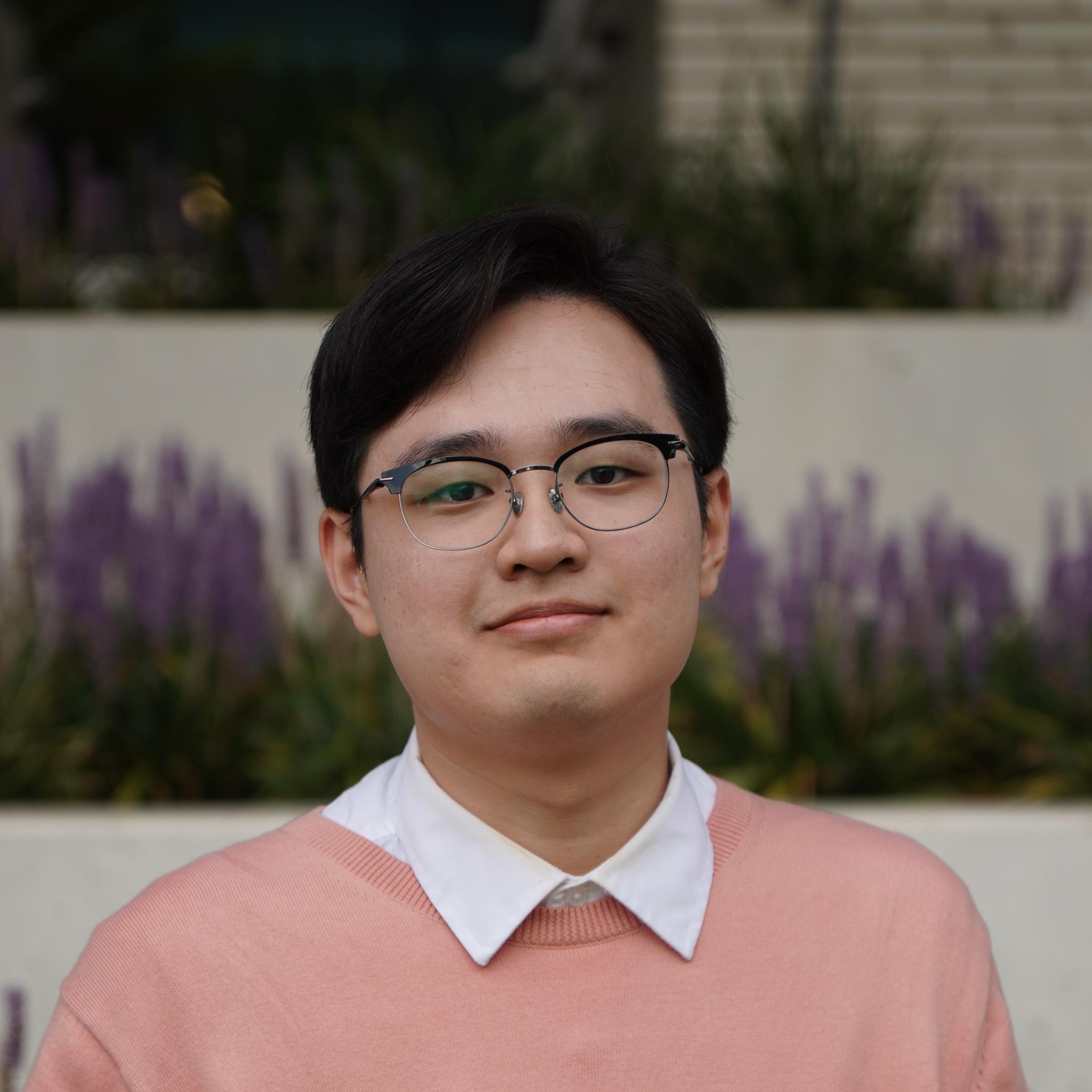
Read more
What are you studying and what year are you in?
Bachelor of International Relations/Bachelor of Arts (2nd year).
If you were a city in Asia or the Pacific region, which city would you be and why?
Naruto(鳴門) in the Tokushima prefecture of Japan. I would love to become a protagonist of a fictional universe with superb strength, and this city coincidentally shares its name with such a character!
What language/s can you speak? Or what language/s would you love to learn?
Can speak English, Korean, and Japanese. Would love to learn Spanish if I have the opportunity.
An interesting fact about Asia or the Pacific regions that you would like to share.
In 1998, a North Korean military submarine infiltrated into South Korean territorial waters. A single fishing net caught on to the submarine and stalled its engines, causing it to be exposed to South Korean fishermen passing by. This battle was a decisive South Korean victory, thanks to that random floating fishing net.
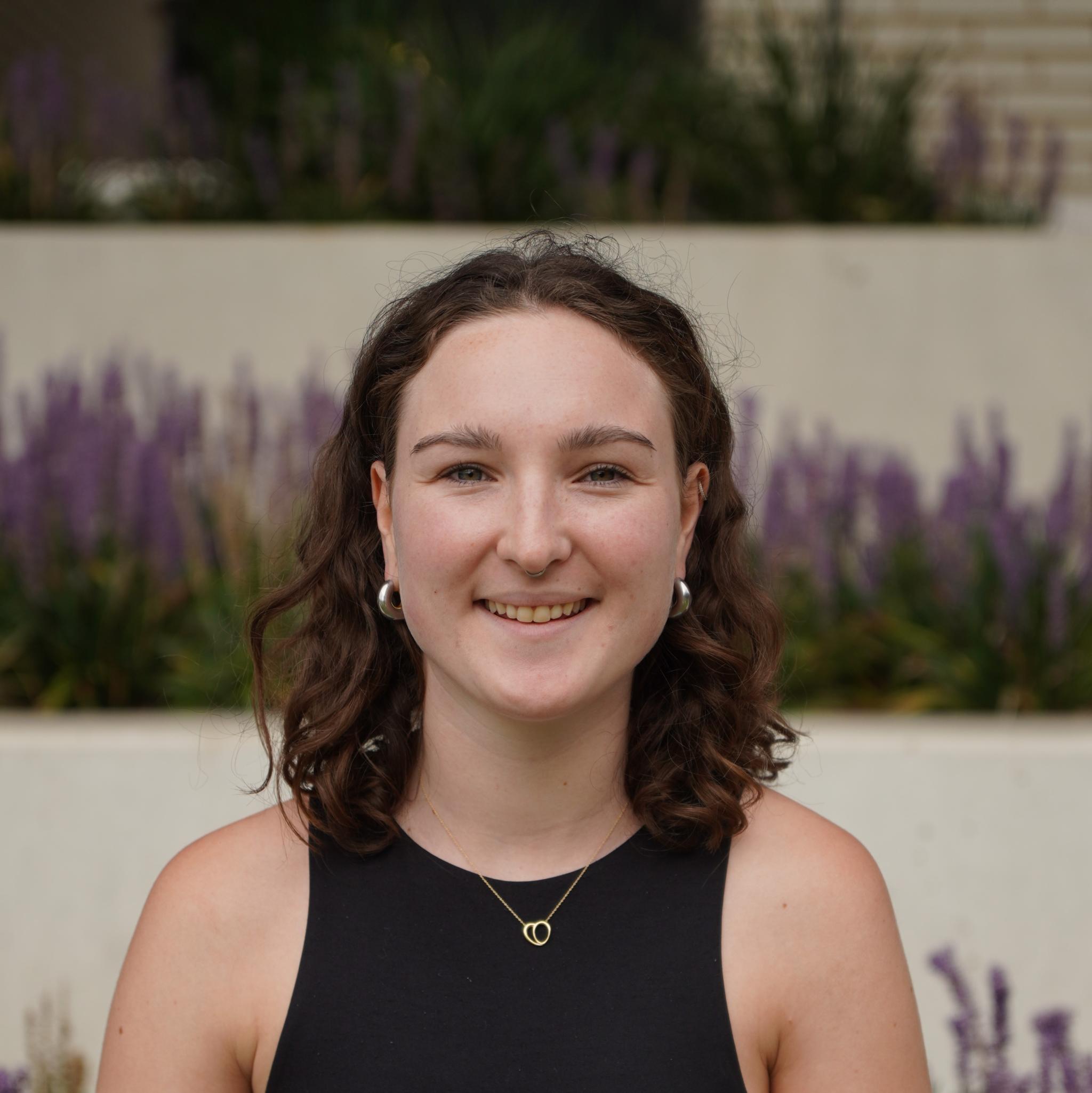
Read more
What are you studying and what year are you in?
Bachelor of International Security Studies with an Advanced Minor in French/Bachelor of Arts, Human Rights Major and Gender and Sexuality Minor (5th year).
What is your favourite food dish/cuisine from Asia or the Pacific region and why?
Definitely, Xiao Long Bao or Vietnamese spring rolls, because they are both just delicious but also because I was fortunate enough to visit Hong Kong and Vietnam with my family and try the two respective dishes so they are associated with good memories as well.
What language/s can you speak? Or what language/s would you love to learn?
I speak French, but I learnt Mandarin for two years in school and would love to pick it up again.
Where do you want to travel to in Asia and the Pacific regions?
I'd love to visit Japan because I have studied a fair amount of Japanese history, particularly ontological history and would find it fascinating to explore that in person, additionally, I'd love to see the snow in Japan and stay in one of their capsule hotels.
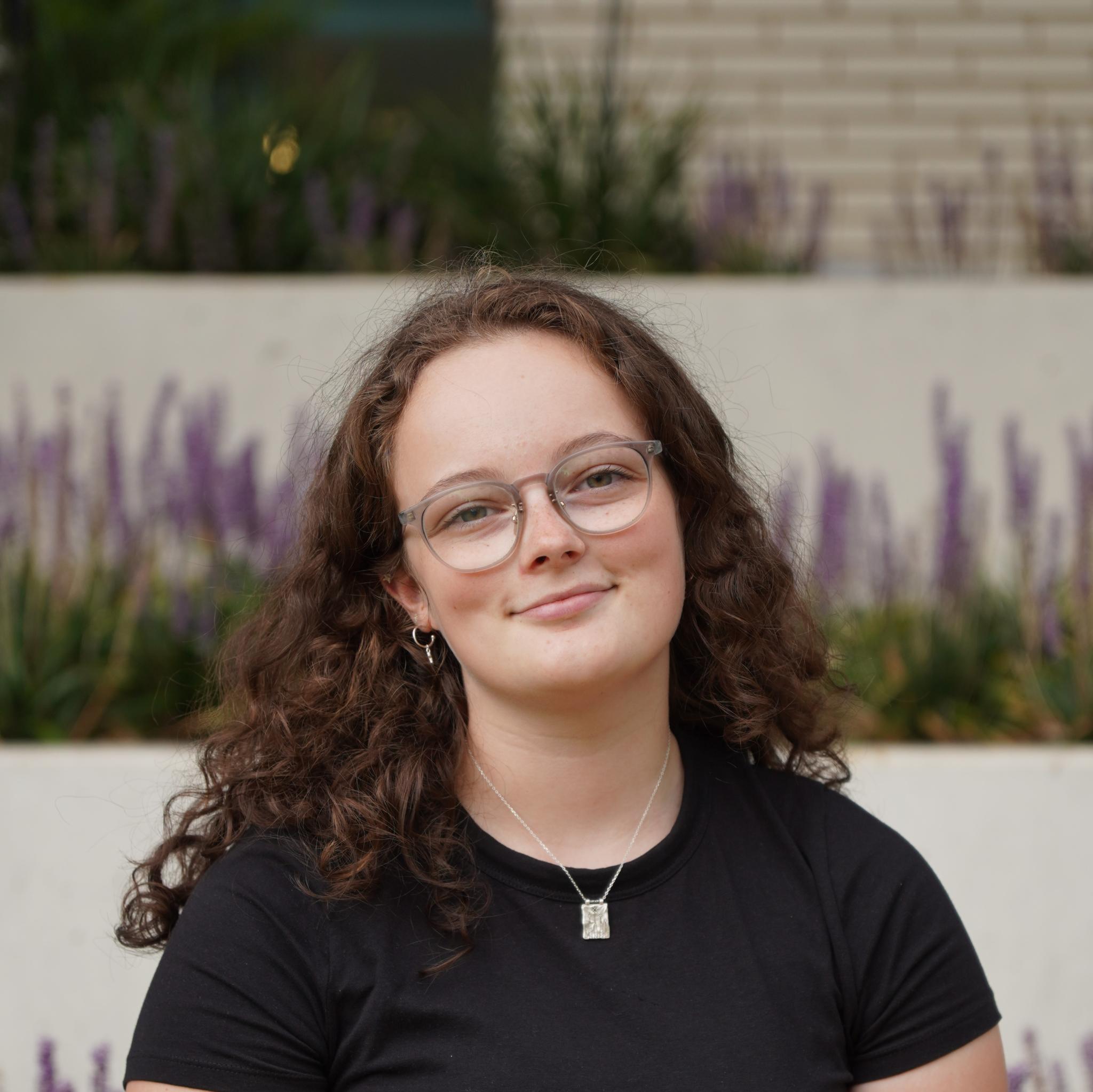
Read more
What are you studying and what year are you in?
Bachelor of International Security Studies/Bachelor of Design (3rd year).
What is your favourite food dish/cuisine from Asia or the Pacific region and why?
I love love love Japanese food. Any time I go out for Japanese I swear I end up ordering the whole menu!
Where do you want to travel to in Asia and the Pacific regions?
The Pacific Islands, they are all so culturally rich and would be amazing to explore them in more depth.
An interesting fact about Asia or the Pacific regions that you would like to share.
Within the Asia-Pacific region the term ‘kiwi’ has three meanings. 1. The name of a flightless bird native to New Zealand. 2. A nickname for New Zealanders (myself included) 3. A fruit that is native to China.
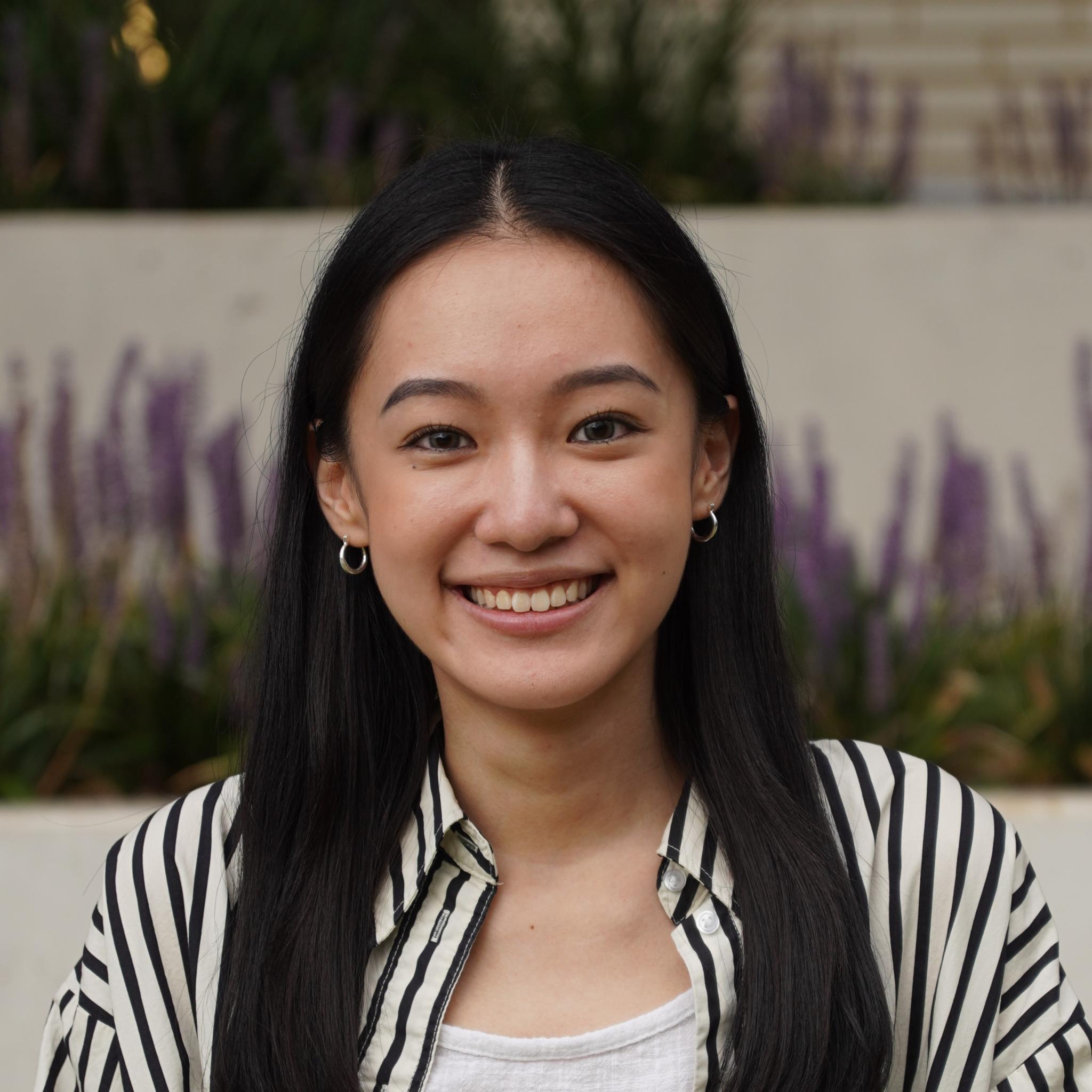
Read more
What are you studying and what year are you in?
Bachelor of International Relations/Bachelor of Economics (4th year).
If you were a city in Asia or the Pacific regions, which city would you be and why?
Kaifeng, a very small city in northern China yet it has been the capital eight times in history. It really has its own life pace. But most importantly, it is the place where I was born and raised!
What language/s can you speak? Or what language/s would you love to learn?
I can speak English and Mandarin and I have been studying German for 8 years and Japanese for 5 years. I would really love to learn Cantonese and some Pacific languages such as Fijian!
Where do you want to travel to in Asia and the Pacific regions?
Nepal and Timor Leste are on my bucket list!
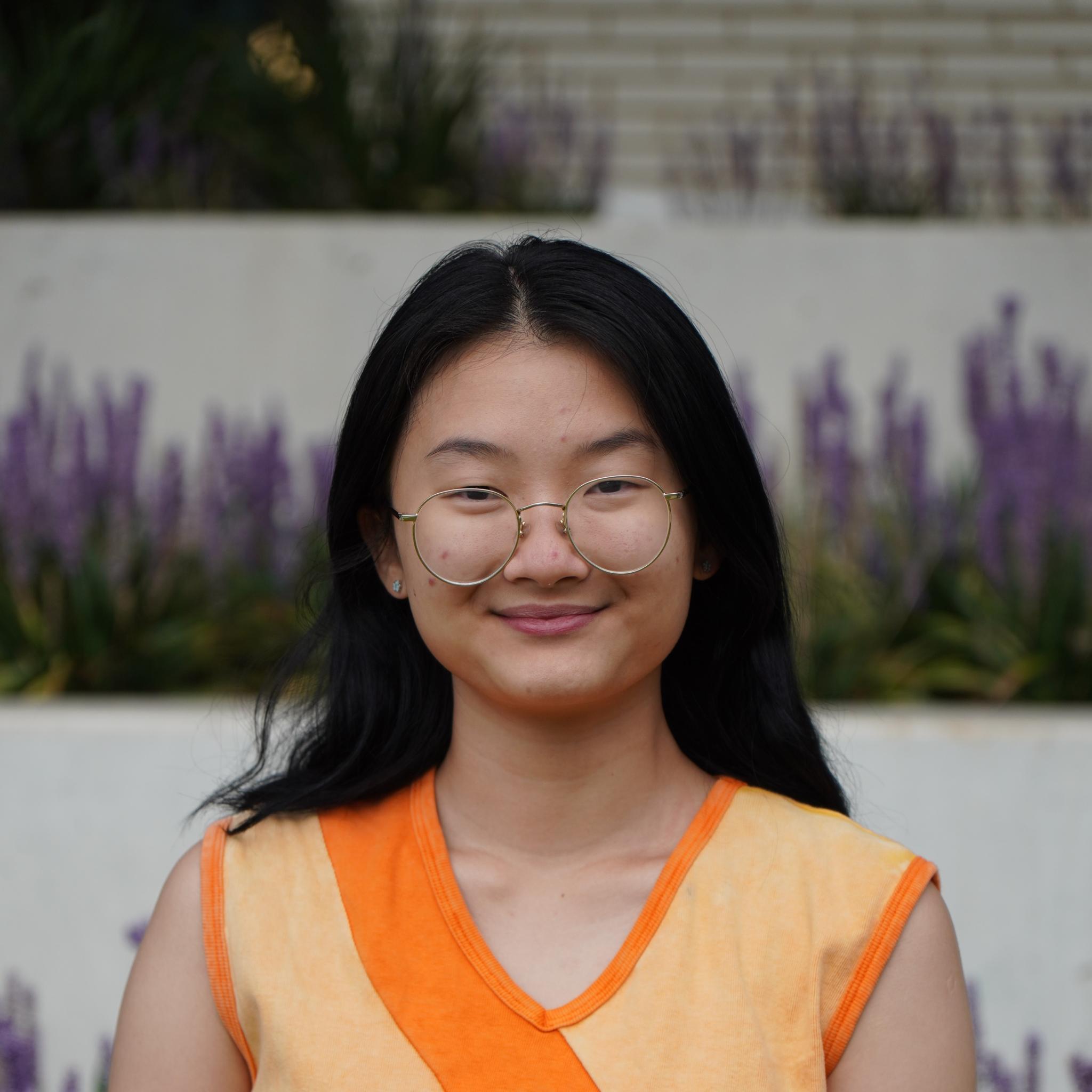
Read more
What are you studying and what year are you in?
Bachelor of International Security Studies/Bachelor of Arts (3rd year).
If you were a city in Asia or the Pacific regions, which city would you be and why?
Georgetown in Penang, because that is where I'm from!
What language/s can you speak? Or what language/s would you love to learn?
I speak Hokkien at home and I'm currently taking Chinese courses at ANU to improve it!
Where do you want to travel to in Asia and the Pacific regions?
I would love to travel back to Malaysia to rediscover it!
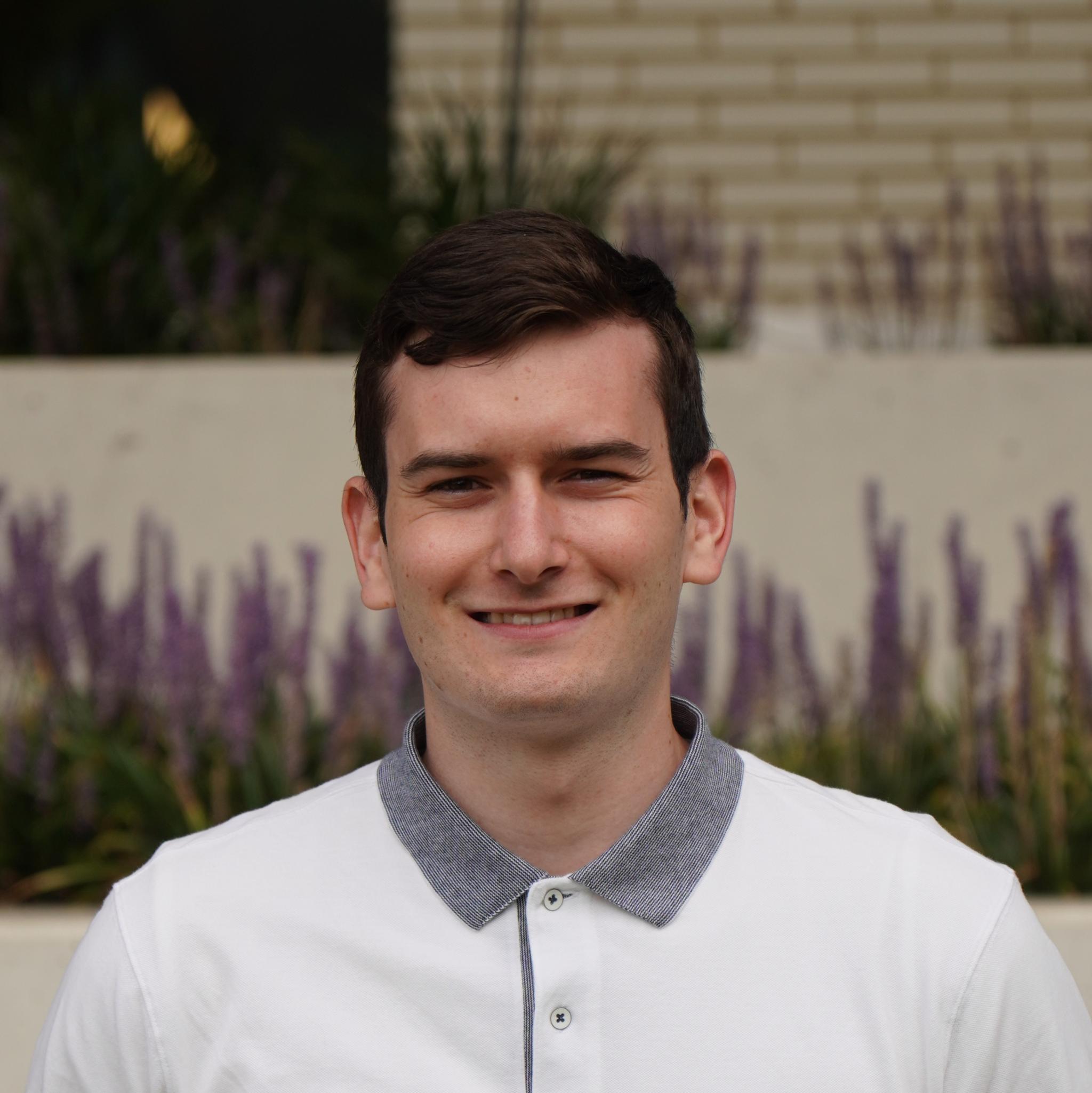
Read more
What are you studying and what year are you in?
Bachelor of Politics, Philosophy and Economics (3rd year).
What language/s can you speak? Or what language/s would you love to learn?
English, but I'd love to learn Tok Pisin.
Where do you want to travel to in Asia and the Pacific regions?
Suva would be interesting as it is the heart of regional politics in Oceania.
An interesting fact about Asia or the Pacific regions that you would like to share.
For one week JFK was stranded on Kasolo Island after a shipwreck during the Solomon Islands campaign of WWII and survived due to an engraving on a coconut that he later kept in the Oval Office.
Program
The APW 2023 program is being finalised by the organising committee and will be released to delegates and attendees at a future date.
Last year our delegates took part in a diverse array of engaging workshops, discussions, and academic panel events. The APW 2022 program can be viewed at this link which showcases the type of week you can expect.
What should I expect as a delegate?
You get to go to the Asia Pacific Week Conference for the full four days, attending fascinating panels and Q&A sessions with experts in their fields, participating in cultural activities and experiencing Canberra. You will also have the opportunity to network with other delegates from the Asia-Pacific region.
What is provided by the conference?
Accommodation and all meals are provided for the four days of the conference. You will also receive some small gifts from the conference.
How does travel work?
You are responsible for organising travel (including flights and visas) from your home to Canberra.
How long is the conference?
Four days, from the 19th of June to the 22nd of June.
How much is the delegate fee?
$50 for students and $200 for young professionals, paid only if your application is successful.
What will be happening during the conference?
The conference will have a mix of academic panels, Q&As and more hands-on special and cultural activities.
Who will be presenting?
We will have a variety of academics, authors, special guests and professionals in their fields. In the past, we have had panels on issues from climate change to security, to women in diplomacy.
Who can apply?
We accept applications from anyone who is currently a university student or young professional and has an interest in the Asia and/or Pacific regions. Young professionals must be within two years of graduating.
Delegate applications for Asia Pacific Week 2023 have now closed.
Thank you for your interest.
If you have any queries, please reach out to us directly at asiapacificweek@anu.edu.au.
ANU’s Asia Pacific Week 2022 was a wonderful interdisciplinary event rich in academic discussions where learners, observers, lecturers, and culture practitioners weaved together the existing reality of the Asia Pacific region through the art of story-telling. As a lecturer at the College of the Marshall Islands teaching Pacific Studies and Micronesian Studies and as a PhD Candidate in Pacific Studies at the University of the South Pacific, I felt that this Conference was a nice opportunity to build my own understanding of the dynamics of the Asia Pacific region while opening up to new stances of interpreting the need for historical justice by practising greater cross-cultural empathy. I had the opportunity to observe this first-hand through Asia Pacific Week where I got to see this in action with young delegates, young professionals, and young academics displaying greater cross-cultural empathy making me more optimistic about our collective future.
Akash MehtaAPW 2015 proved out be an immensely irreplaceable experience for me. First, I got to know so many people from around the world, about their diverse views on Asia and the Pacific regions and their experience so far. Secondly, I got an opportunity to meet not only the highly knowledgeable PHD scholars but also the government officials, professors and last but not the least, the conference organisers did a commendable job in packing up the sessions with knowledge and information and at the same time sparking the debate in and outside of the sessions. One of my favourite moments of the conference was "The Great Debate" which showcased three of our fellow delegates in an oxford style debate against ANU's finest academics on the topic ' Is local pop culture more influential than western popular culture in the Asia and Pacific regions'.
I think ANU is the best place where one can interact with notable scholars and wonderful students from all around the world.
When I first saw ANU Asia Pacific Week 2020’s (ANU APW 2020) ad on YouthOp, I knew I had to sign up. My seniors once told me about their extraordinary week in Canberra, learning about Asia and Pacific regions more than they ever did during our daily classes. As I also have taken interest in the region, it became my dream to experience this event firsthand. If it weren’t for YouthOp, I would never know that ANU APW was still conducted, even amid the pandemic.
I was very happy throughout the event. I was constantly motivated to find out more about the topics discussed by the panel and delegates. I don’t think that I have ever attended a conference this lively and substantive. The committee was very wonderful, and the other delegates were very insightful and friendly.
My favourite part of the entire conference has to be the Pacific Dance Workshop. I never thought that I would ever have the chance to learn such a beautiful dance from a country so far away from Indonesia, let along learning about it online. The fact that the committee was able to execute a dance lesson perfectly online is beyond my comprehension. I was able to have so much fun with 80 other delegates from all around Asia and the Pacific regions through my screen, and that is an experience that I will never trade for anything else.
It is safe to say that ANU APW 2020 were one of my 2020 highlights. I made new friends and gained new insight. I was also able to experience things that I could probably never have gone through if the pandemic didn’t happen. So, I thank the ANU APW committee for accepting me as one of the delegates, as well as YouthOp for giving me exposure towards this wonderful event.
The 2018 Asia Pacific Week (APW) was a well-organised and thought-provoking multidisciplinary program balancing between academic-policy panels and social activities, intellectual stimulation and friendship-building. In a professional manner, we unpacked contemporary issues – from international security and environment to public health and untold stories of indigenous Aussie communities – with a very competent calibre of junior researchers, professors and practitioners from across the world. It was incredible to engage in thorough discussions on my research project – ‘alliance recalibration’ of US’ allies in the Pacific – deepening personal insights from Australian, Filipino and Japanese viewpoints. We also visited the Australian parliament, had night walks and most importantly, photographed our memories (make sure you don’t miss the serenity of ANU’s lake!).
Not only were the delegates top-notch and sociable but equally the organising committee, making APW unforgettable. Having delightedly attended on an APW scholarship, in partnership with Youth Opportunities, and compared it to several programmes in Asia, Europe and the Arabian Peninsula, I happily recommend attending APW 2019 for the outstanding quality of the conference, competence of delegates, invaluable friendships and networking opportunities. Canberra won’t disappoint you as any airport immigration officer would indicate upon arrival - I promise, there is a lot to learn and earn at the Australian National University’s Asia Pacific Week!
Lewe PaulAsia Pacific Week 2013 proved an immensely valuable platform for putting my knowledge into context. Asia Pacific Week allowed me to see what is beyond one’s own specialised but also biased lens, and to challenge each other’s perspectives and appreciate a whole new view of Asia and the Pacific regions. The program offered more than the traditional panel discussion — the organising committee prepared innovative setups like a war game simulation and an ambassador’s panel, constantly shifting the delegates’ mindsets by exploring unfamiliar concepts.
Contact Us
For general enquiries please contact asiapacificweek@anu.edu.au
Alternatively, you may follow Asia Pacific Week on our socials:
